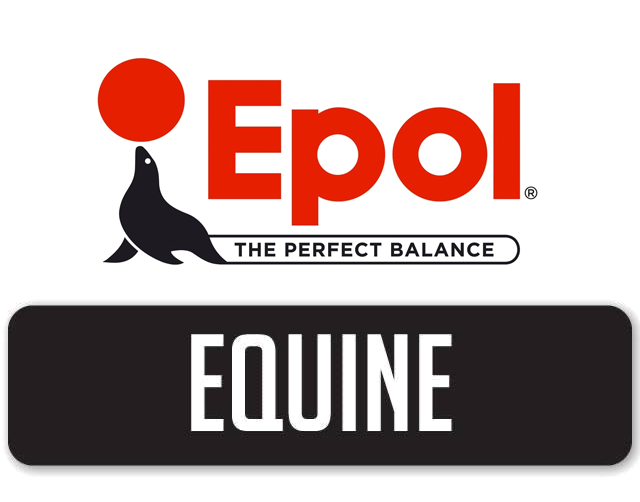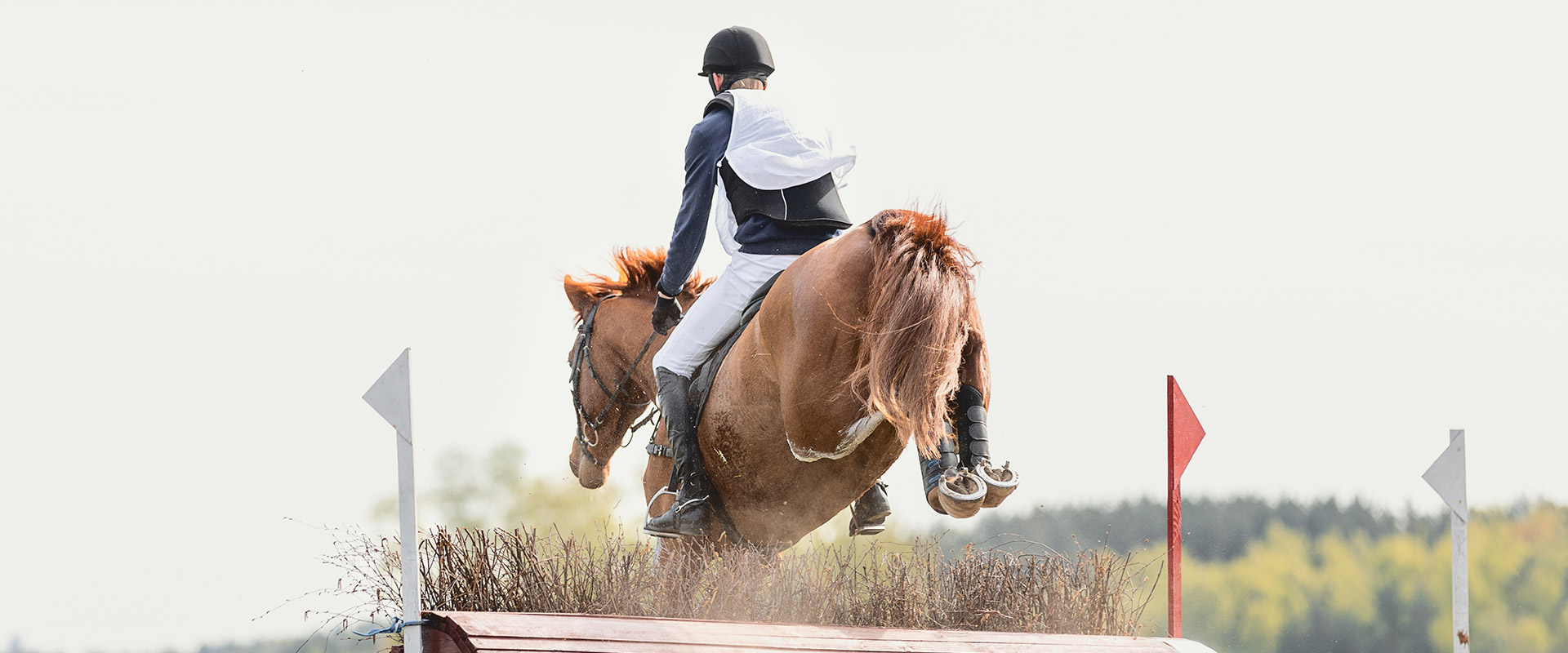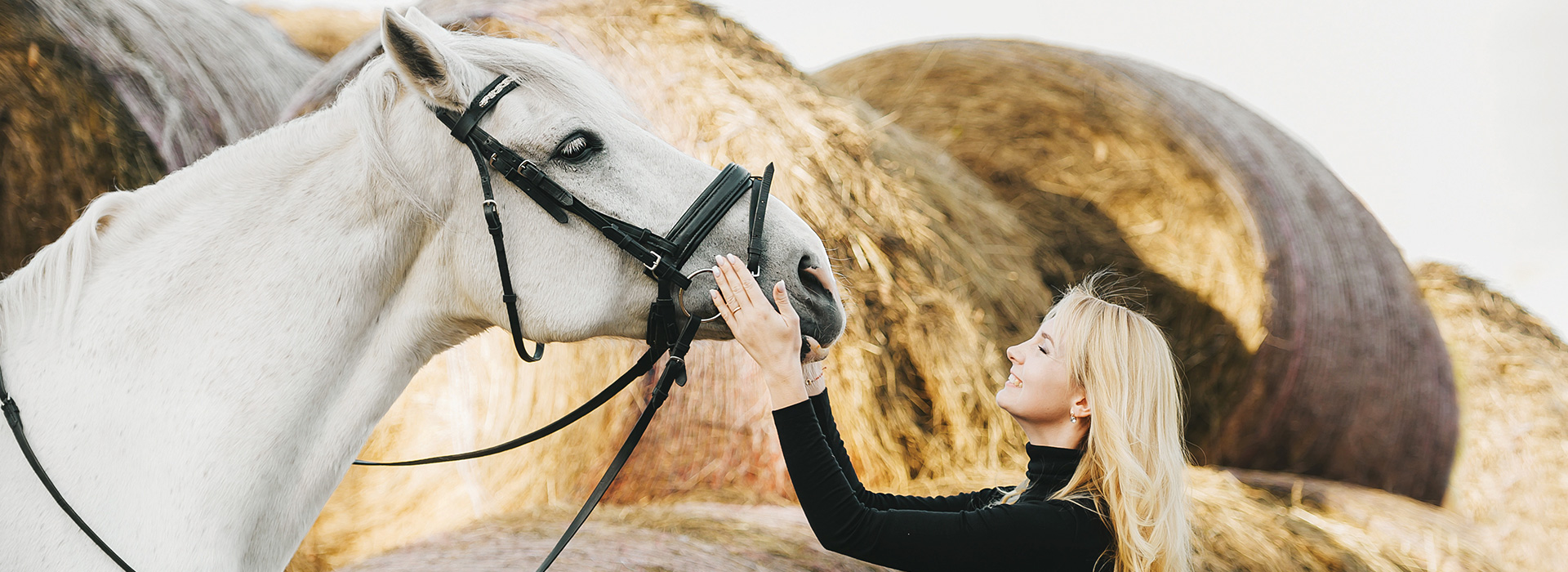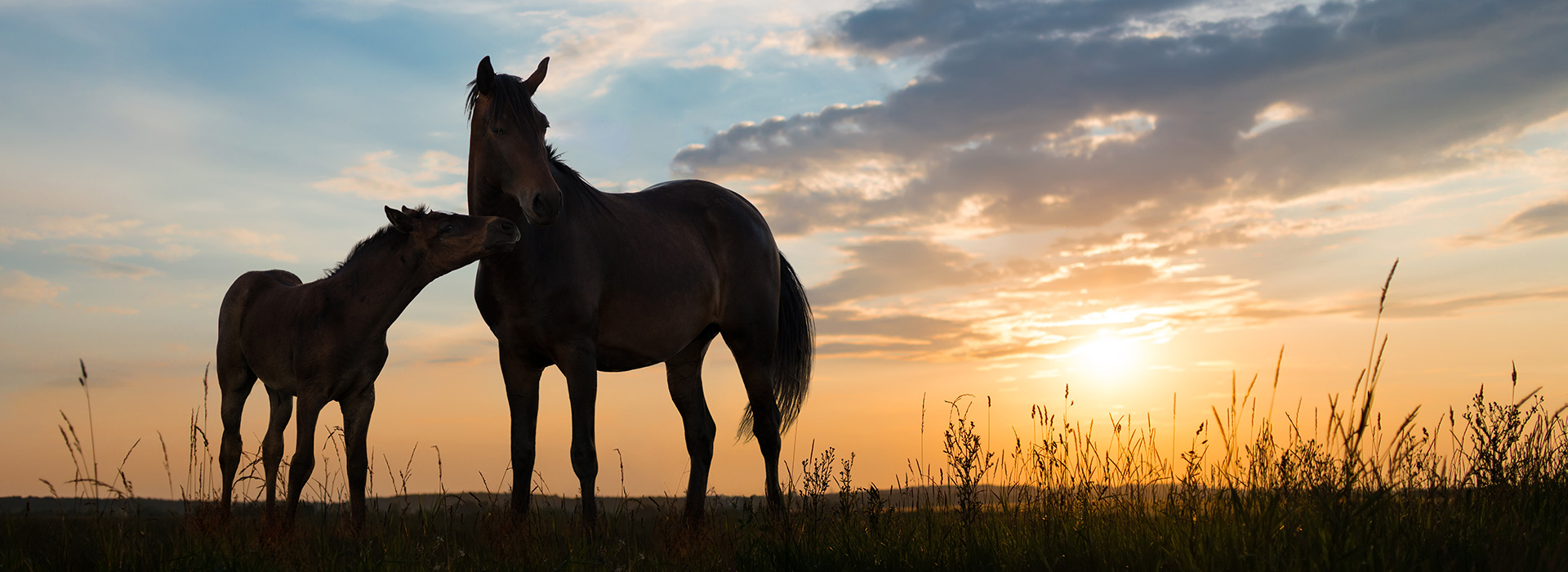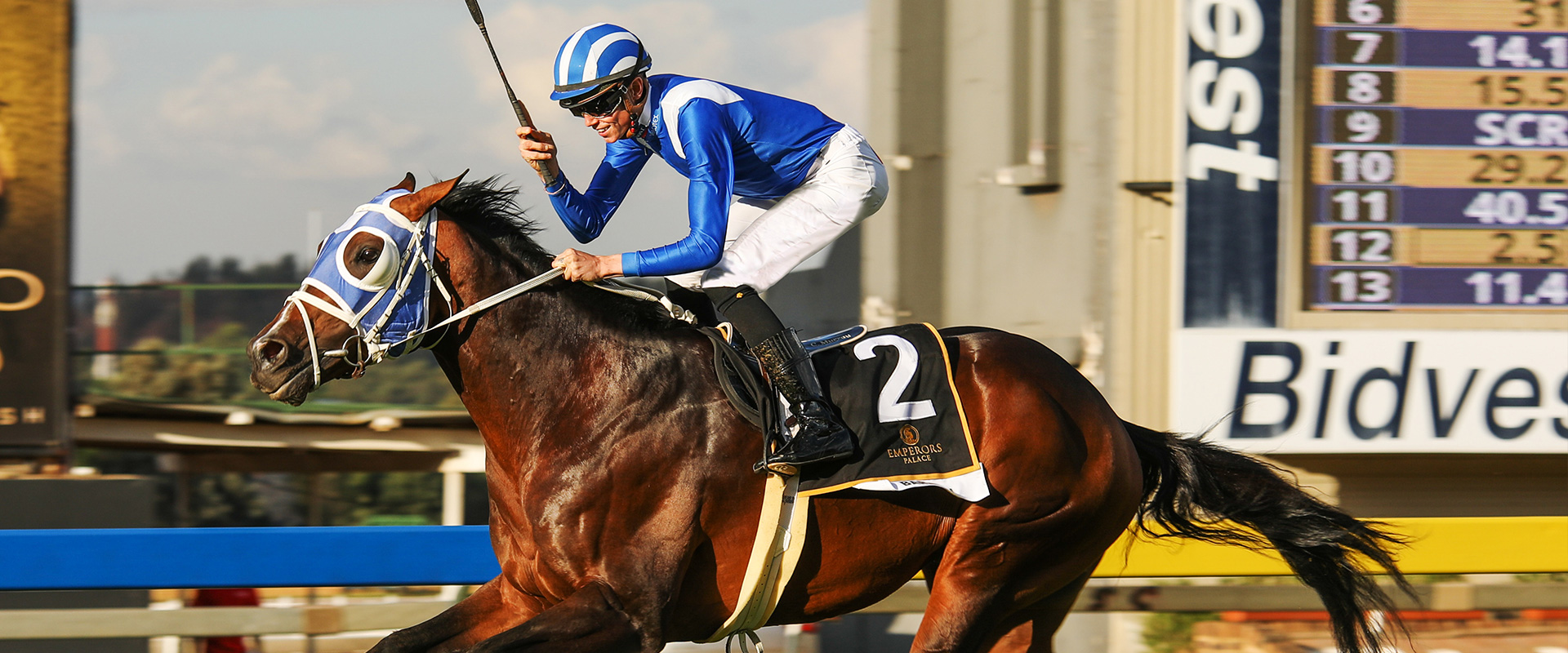Where to start!!!
With the multitude of products available today, how does the horse owner choose which product to feed? The many freely offered opinions ranging from the uninformed to the highly scientific make it even harder to decide which route to follow.
Sometimes decisions are based on a preferred brand, and sometimes the choice is made based on price, but, at the end of the day, the most important criterion is to choose the best product for your horse.
Please note that the suggestions and tables below are all average guidelines and therefore we suggest you contact us directly for personalised feeding advise based on your horse- contact Equus Horse Feeds at + 27 73 423 5491 / + 27 83 998 6824.
Step 1 : Take a full history of your horse.
This includes weighing your horse, and performing a Body Condition Score. You can find help with both of these in our ‘’Useful Charts and Downloads’’ and “Weight & Condition’’ sections.
Once you have accurately assessed your horse’s weight and condition, you will then be able to decide how much needs to be fed on a daily basis and where you need to make changes to his diet.
Also consider the Breed and temperament of your horse. These two factors may not seem important but they can be major determinants of which products to choose as well as indicators of what types of ingredients are needed in the diet.
For example, hot, excitable or nervous horses such as Arabs and Thoroughbreds can battle to maintain, or put on, condition. They may need calories (energy) for weight gain but from a “cool and calming” source so as to remain even tempered. Pony breeds or Warmbloods, for example, which are often more even tempered, are generally good doers. While they may need energy to perform at their best, they may not need it in excess, so as to avoid weight gain.
Step 2 : Assess your horse’s workload/energy needs
Be honest! Many of us aim to work our horses, harder or more often than we actually do. When assessing your horses’ workload make sure you are truthful as over/under estimating your horses workload could lead to an undesirable body condition.
When looking at the amount of energy your horse may need also consider their age. If your horse is under the age of four, you must take into consideration that he is a growing horse and may need different levels of energy, quality proteins, and vitamins and minerals.
The below table gives ideas of the individual workloads for your to asses against
